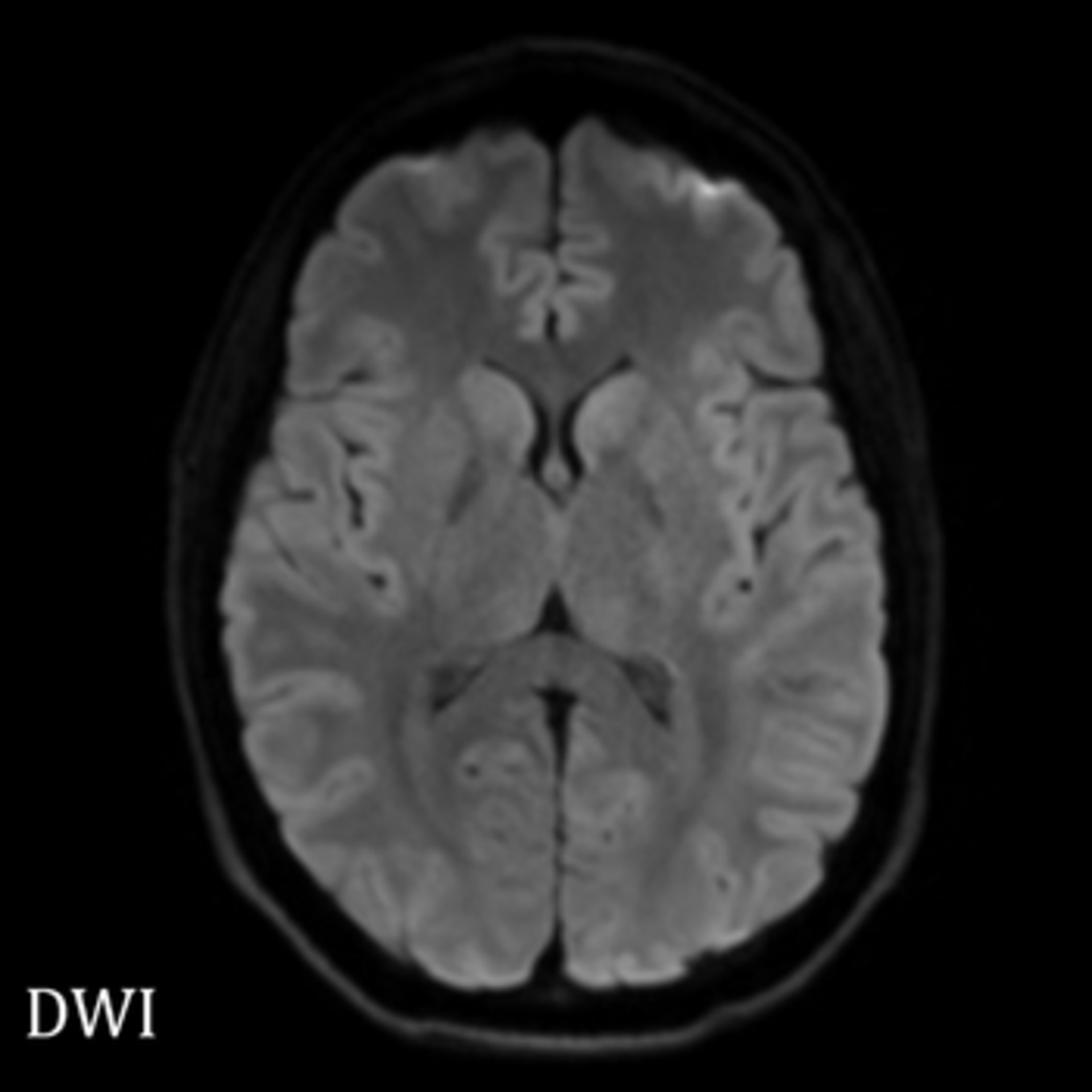Neuro Interventional Radiology is a subspecialty of radiology that focuses on the diagnosis and treatment of neurological conditions using minimally invasive procedures. This field combines the use of radiology imaging techniques with interventional techniques to provide precise and effective treatment for patients.

The benefits of Neuro Interventional Radiology are numerous and include:
- Minimally Invasive: Neuro Interventional procedures are minimally invasive, which means they do not require large incisions and are less painful than traditional surgical procedures. This results in faster recovery times and reduced risk of complications.
- Precise Diagnosis: Neuro Interventional Radiologists use state-of-the-art imaging techniques such as MRI and CT scans to make an accurate diagnosis of neurological conditions. This allows for a more precise treatment plan to be developed.
- Effective Treatment: Neuro Interventional procedures can effectively treat a variety of neurological conditions, such as stroke, aneurysms, and spinal cord compression. These procedures can quickly restore normal blood flow, relieve pressure on the spinal cord, and remove blood clots.
- Reduced Risk of Complications: Compared to traditional surgical procedures, Neuro Interventional procedures have a lower risk of complications and side effects. This is due to the minimally invasive nature of the procedures.
- Faster Recovery Time: Because Neuro Interventional procedures are minimally invasive, patients typically experience a faster recovery time and can return to their normal activities sooner.
In conclusion, Neuro Interventional Radiology offers numerous benefits for patients with neurological conditions. With its precise diagnosis and effective treatment options, it is a valuable tool in the management of these conditions.
